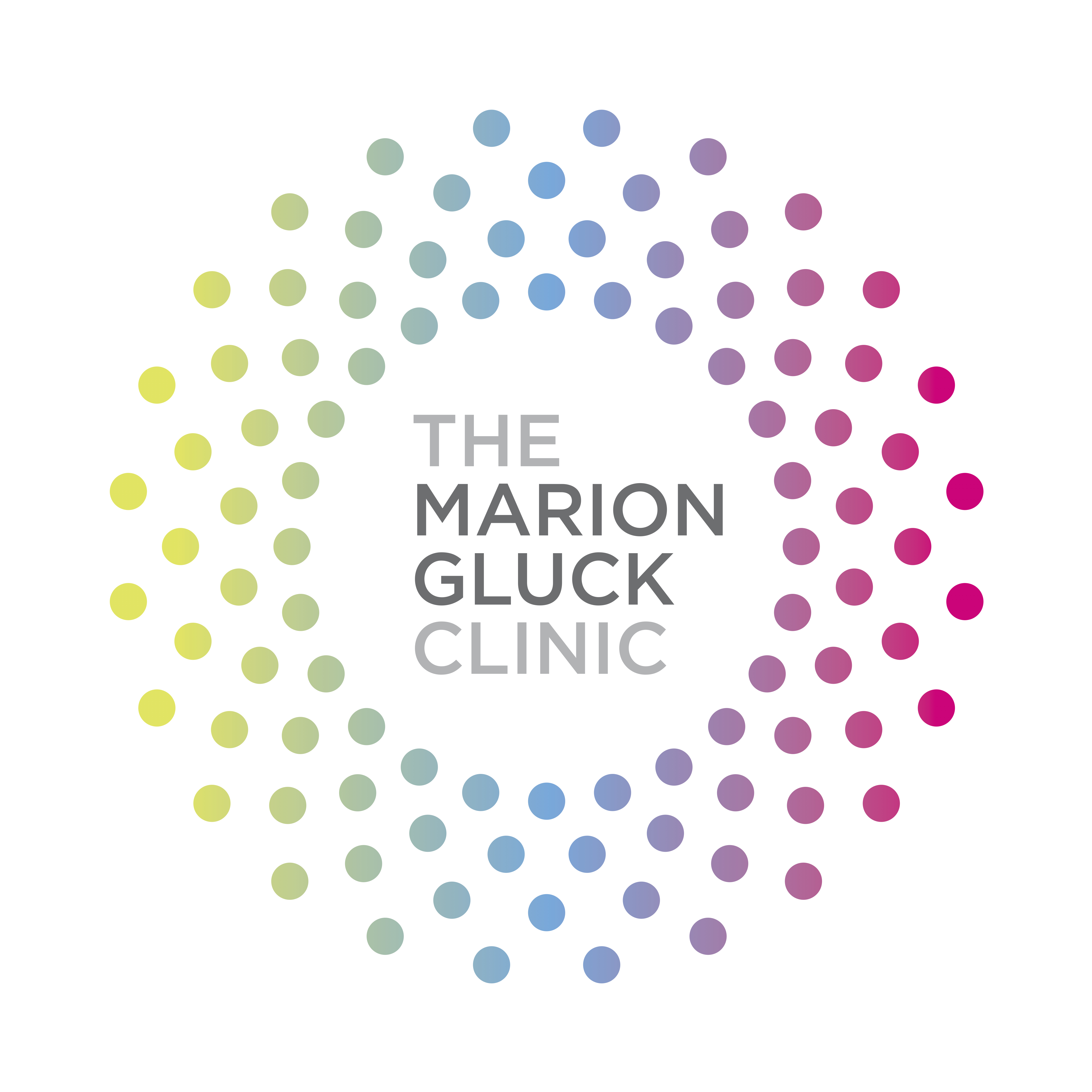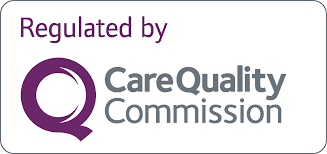PMS: don't just put up with it!
 Dr Anuradha22 March, 2022
Dr Anuradha22 March, 2022We need to talk about PMS. Periods are normal, natural, a sign of good reproductive health, right? So why can PMS feel like a gaping black hole, a monthly intruder that robs you of your efficiency, your sanity, and all your good intentions? “We just want to see you happy again,” wail the desperate voices of your loved ones every month, shouted from a very safe distance.

If this is your normal, it doesn’t need to be. This is a huge chunk of your life that we’re talking about! There is no reason that you should have to put up with feeling like an emotional basket-case, red-eyed from lack of sleep, in physical discomfort or generally hopeless.
PMS is both incredibly common (up to 75 % of women will experience PMS at some point) and potentially incredibly destructive (there are a whopping 150 symptoms associated with PMS). These include things like headaches, painful boobs, bloating and fluid-retention, nausea, food cravings, mood-swings and trouble sleeping. But just because PMS is very common, it’s a myth to think that it's inevitable, or that this is ‘as good as it gets.’ In fact symptoms happen when your hormones are out of balance —and we live in a world where we are constantly being exposed to stressors that can throw our hormones out of balance. We may have too much oestrogen in our bodies relative to progesterone, or too little progesterone overall. Getting your hormones back in balance means that it is possible for your period to feel like a harmonious part of your life, not like some gruelling thankless second job.
So what lifestyle changes can you make to support your own hormonal health?
• If you can face it, do some cardio - aerobic exercise is a natural mood enhancer because it boosts important brain chemicals called endorphins. Increased endorphins may also help reduce the amount of pain you feel from PMS.
• Clean up your diet. If you’re feeling tired, weak during your period try to include more iron rich foods into your diet such as meat, fish and green leafy veg. Try to reduce sugar, caffeine and alcohol – all of these increase inflammation in the body and wreak havoc with your blood sugars. Starving two hours after eating some sugary treat? Headachey and hangry? That’s because you are on a blood sugar rollercoaster – if blood sugars go too high, the body will overcompensate and blood sugar will drop low, making you crave more sugar and keeping you locked in this destructive cycle.
• Increase the amount of complex carbs you eat. Wohoo - in the lead-up to the period, complex carbs are your friends! We’re talking about quinoa, sweet potato, legumes and nuts, slow release complex carbs that release glucose into the body slowly and cause steady glucose levels. Eating these every 3-4 hours may help because steady glucose levels allow your body’s own progesterone (the queen of hormones for feeling calm) to work more effectively.
• Reduce your chemical burden= the three Ps of hormone disruptors are Plastics, Parabens and Pesticides. Phew. Try to cut down the plastic you use, whether it be containers or grocery store food produce. Look at your soaps, shampoos, makeup, face creams and household products to see if you’re exposing yourself to parabens. And to avoid pesticides by choose organic fruit and veg where possible (and yes, still wash them).
• Get enough sleep. Sleep before 11pm is worth more than after 11pm. Support your chances of getting 8 hours sleep per night by getting natural light in the mornings, minimising screen time or using blue light blocking glasses, and avoiding caffeine and sugar after 12pm.
• Manage your stress. OK, stress makes everything worse, so this is no surprise, but here’s the hormonal explanation: progesterone, the queen of hormones for feeling calm , can’t do its job properly if you’re wired and pumping out loads of adrenalin. You know the drill: breathwork, yoga, meditation, guided apps, body scans, calming music, walks, in nature, stroking pets, having a massage, taking a bubble bath…..do you really need convincing to do more of this? • Don’t smoke. Obviously, it makes PMS worse. Making the above lifestyle changes can reduce inflammation, which is a system-wide bodily response that triggers prostaglandin production and worsens PMS.
If you are suffering from PMS, don't just put up with it. Get the right help here - take the progesterone quiz.






